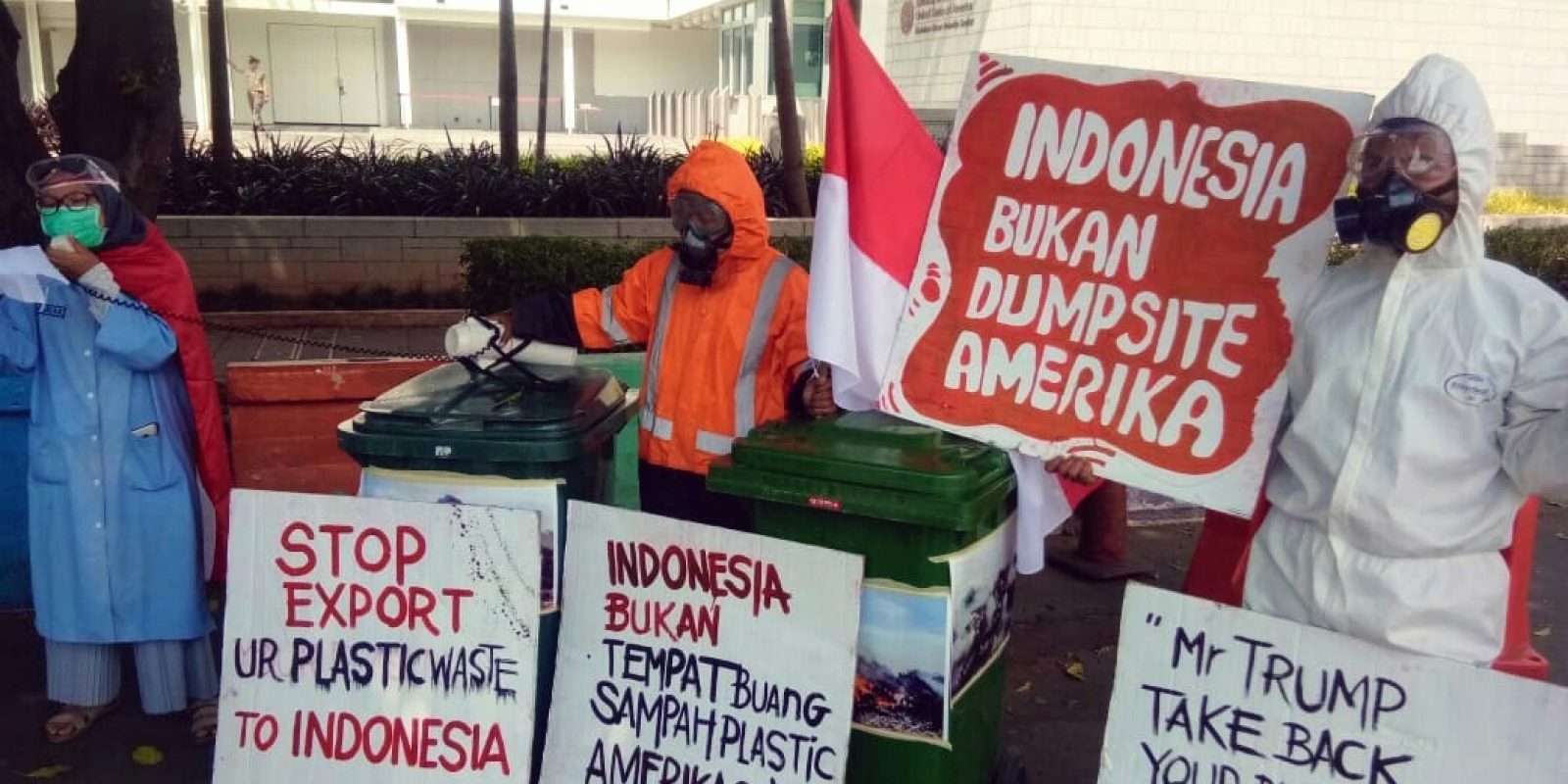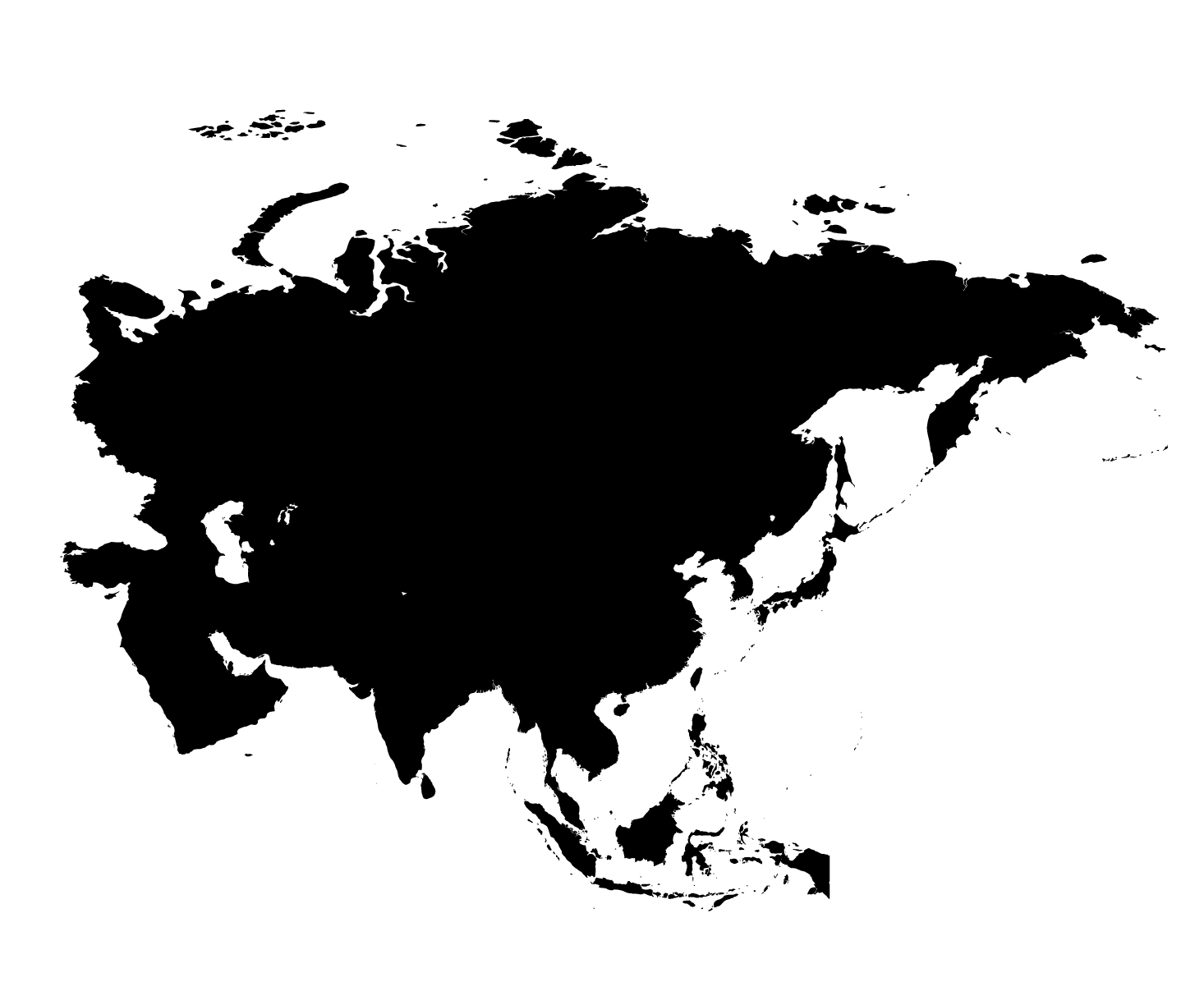In 1996, a group of activists and ecologists started the collective Ecoton, out of their concerns about the pollution of Indonesian rivers. The group is involved in research and develops educational programs to educate a wider audience about the dangers of polluted rivers in Indonesia. The primary focus of Ecoton is the river Brantas in East Java.

Enormous fish of plastic must stop the dumping of plastic waste
Artistic protest against polluted rivers Indonesia

Activists of the group Ecoton are building a plastic fish to demonstrate against plastic waste in rivers Indonesia.
donate now‘Paper’ waste
The Indonesian government imports paper waste from the United States, Australia, Canada, New Zealand, and the United Kingdom. Since 2014, the import of paper from the United States has increased by 550%. However, research of Ecoton has shown that the imported bales of paper contain 30 to 40 percent of plastic waste.
Despite the fact that the Indonesian government has adopted a law that prohibits importing plastic waste, the Indonesian state continues to import ‘paper’ bales from rich countries. Most of the imported plastic waste that is imported is either burned or dumped. As a result of this illegal dumping most – if not all – rivers in Indonesia are polluted with plastic. Research of Ecoton shows that 80% of the fish in the Brantas River have plastic in their stomachs.
Artistic protest
To demonstrate against the plastic waste import and the dumping of plastic Ecoton is building a big fish statue from the plastic found in the Brantas River. They will use this creative construction at their demonstrations at the Ministry of Commerce and the Ministry of Industry. Furthermore, Ecoton is planning to make a film about their project to display at universities and other public spaces to educate a wider audience about the contamination of rivers in Indonesia.
Support the project ‘Artistic protest against polluted rivers Indonesia’ and donate
Make a donation
Support Het Actiefonds with 10 euros a month and make actions happen worldwide
donate now